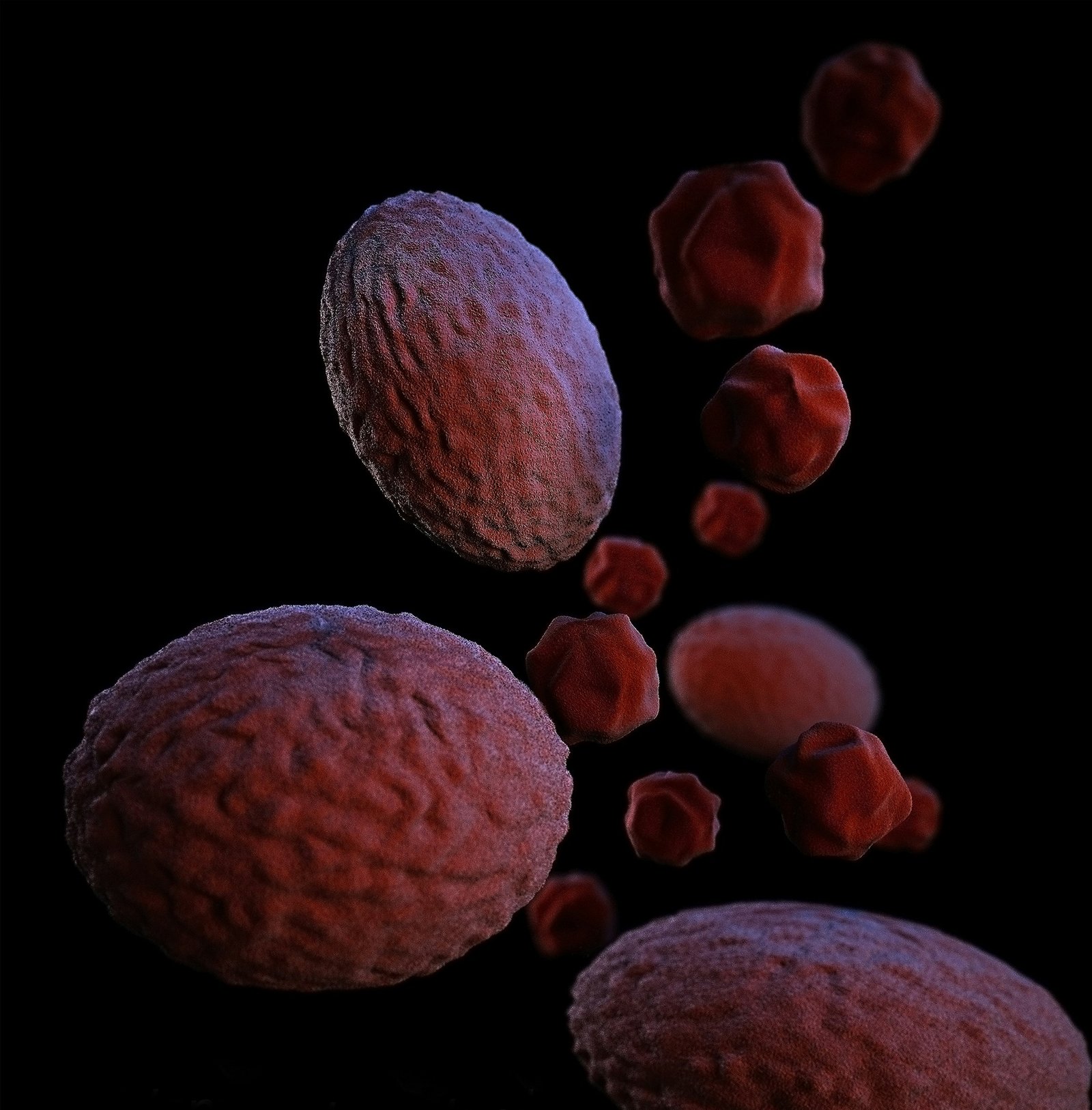Hormonal imbalances can have a significant impact on our overall health and well-being. They can affect various systems in our body, including the liver. In recent years, there has been growing evidence suggesting a link between hormonal imbalances and the development of fatty liver disease.
Fatty liver disease, also known as hepatic steatosis, is a condition characterized by the accumulation of fat in the liver. It can be caused by various factors, such as obesity, excessive alcohol consumption, and certain medications. However, recent research has shown that hormonal imbalances, particularly those involving insulin and estrogen, may also play a role in the development of fatty liver disease.
Insulin Resistance and Fatty Liver
Insulin is a hormone produced by the pancreas that helps regulate blood sugar levels. When we consume carbohydrates, our body releases insulin to help transport glucose into our cells for energy. However, in individuals with insulin resistance, the cells become less responsive to insulin, leading to elevated blood sugar levels.
Insulin resistance is commonly associated with obesity and type 2 diabetes. It has been found that insulin resistance can also contribute to the development of fatty liver disease. When the cells are resistant to insulin, the liver compensates by producing more insulin. This excess insulin can promote the accumulation of fat in the liver, leading to fatty liver disease.
Estrogen and Fatty Liver
Estrogen is a hormone that plays a crucial role in the female reproductive system. It is also present in smaller amounts in males. Imbalances in estrogen levels can have various effects on the body, including the liver.
Studies have shown that estrogen can influence the metabolism of fats in the liver. High levels of estrogen have been associated with an increased risk of developing fatty liver disease. This is particularly evident in women who are going through menopause, as the decline in estrogen levels can contribute to the development of fatty liver.
Other Hormonal Imbalances and Fatty Liver
In addition to insulin and estrogen, other hormonal imbalances can also contribute to the development of fatty liver disease. For example, growth hormone deficiency has been linked to an increased risk of fatty liver. Thyroid hormone imbalances, such as hypothyroidism, can also affect liver function and contribute to the accumulation of fat in the liver.
Managing Fatty Liver and Hormonal Imbalances
If you suspect that you have a hormonal imbalance and are concerned about the health of your liver, it is essential to seek medical advice. Your healthcare provider can perform the necessary tests to diagnose any hormonal imbalances and determine the best course of treatment.
When it comes to managing fatty liver disease, lifestyle changes are often recommended. These may include adopting a healthy diet, engaging in regular physical activity, and reducing alcohol consumption. In some cases, medication may be prescribed to help manage insulin resistance or other hormonal imbalances.
It’s important to note that addressing hormonal imbalances alone may not be enough to reverse fatty liver disease. A comprehensive approach that includes lifestyle changes and medical interventions, if necessary, is typically recommended.
Conclusion
Hormonal imbalances can have a significant impact on our health, and they may contribute to the development of fatty liver disease. Insulin resistance and high estrogen levels are among the hormonal imbalances that have been linked to fatty liver. If you suspect a hormonal imbalance or are concerned about the health of your liver, it is crucial to consult with a healthcare professional for proper diagnosis and treatment.




